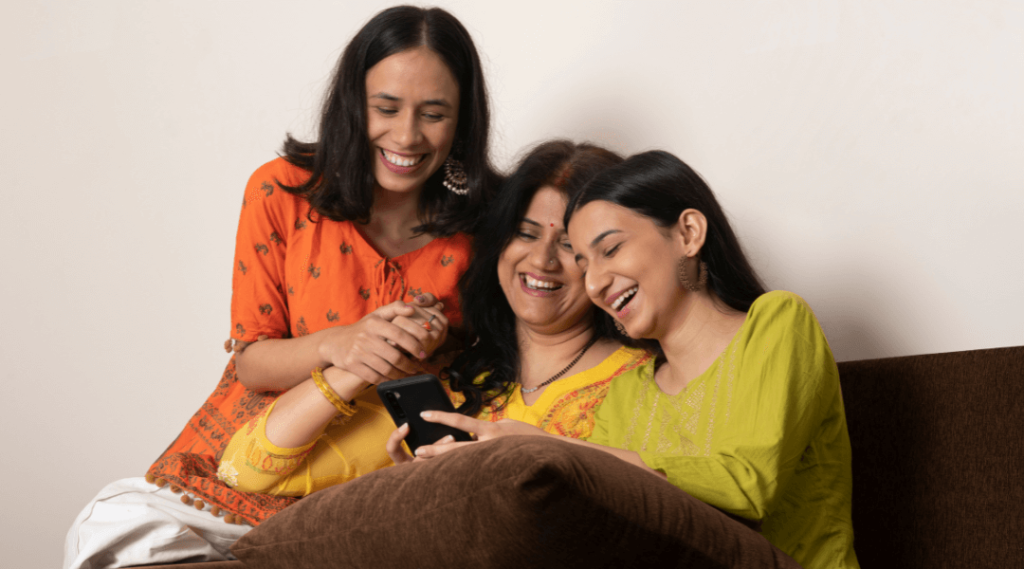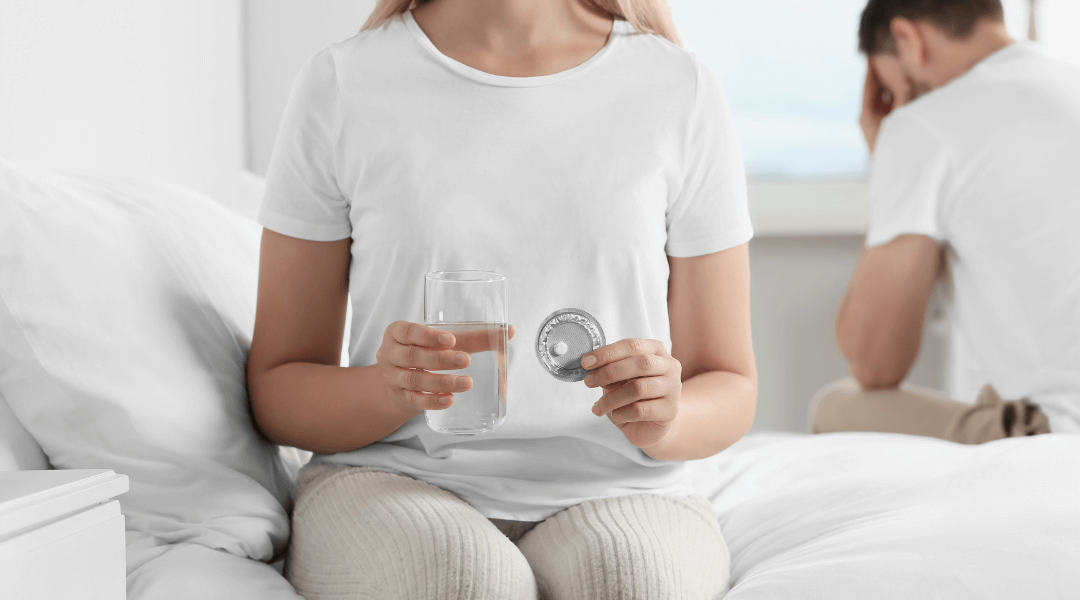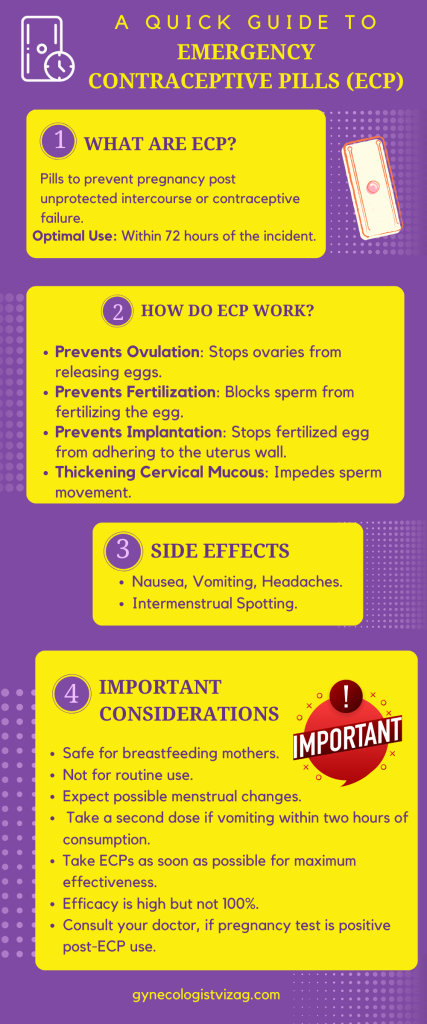Let’s delve into the important topic of Emergency Contraceptive Pills (ECPs). This article aims to shed more light on ECPs to educate individuals about their use, side effects, and importance in preventing unwanted pregnancies. The information provided will help you make informed decisions and encourage you to prioritize your reproductive health.
What are Emergency Contraceptive Pills?
Emergency Contraceptive Pills, also known as “morning-after pills”, are medications used to prevent pregnancy after unprotected intercourse or a contraceptive failure (such as a condom breakage or missing regular contraceptive pills). Dr. Ramya Sadaram highlights that these pills should be taken within 72 hours of the incident for optimal efficacy. However, the sooner they are taken, the more effective they will be.
How Do Emergency Contraceptive Pills Work?
ECPs work in various ways to prevent pregnancy:
- Preventing Ovulation: They try to stop the ovaries from releasing eggs.
- Preventing Fertilization: If an egg has already been released, ECPs prevent the sperm from fertilizing the egg.
- Preventing Implantation: If fertilization has occurred, they prevent the fertilized egg from implanting onto the uterus wall.
- Thickening the Cervical Mucous: This makes it harder for sperm cells to penetrate and reach the egg.
Side Effects of Emergency Contraceptive Pills
Emergency contraceptive pills generally have minimal side effects, which may include nausea, vomiting, and headaches. Some individuals may experience intermenstrual spotting, two to three days after taking the pill. If you vomit within 2 hours of taking the pill, it is crucial to take a second dose to ensure its efficacy. Take the pill at least 15 minutes after taking the tablet to prevent vomiting.
When to Take Emergency Contraceptive Pills?
Ideally, emergency contraceptive pills should be taken as soon as possible after unprotected intercourse or contraceptive failure. The most effective window is within 72 hours, but the sooner, the better.
Important Things to Remember
Dr. Ramya Sadaram notes that emergency contraceptive pills are safe even for breastfeeding mothers. However, it is essential to remember the following:
- Not for Routine Use: ECPs should not be used as a routine contraceptive method. They are intended for emergency situations only.
- Possible Cycle Disturbances: You may experience disturbances in your menstrual cycle after taking ECPs. The dates of your period may change, but this should normalize in subsequent cycles.
- Not 100% Effective: While ECPs are effective, they do not guarantee complete prevention of pregnancy. If you miss your period after taking an ECP, take a pregnancy test. If the result is positive, proceed accordingly and consult a healthcare professional.
- Stop Use if Pregnant: If you suspect you are pregnant, immediately stop using the emergency contraceptive pill.
Conclusion: Prioritizing Women’s Health
These days women neglect their health due to various responsibilities and a lack of awareness on even simple issues. Her channel is dedicated to spreading awareness about women’s health, and she encourages everyone to share their doubts and concerns.

The knowledge about Emergency Contraceptive Pills is crucial for every individual to make informed choices about their reproductive health. It is always beneficial to have an open dialogue with your gynaecologist about contraception and family planning.
In light of this, if you or someone you know is facing a situation where emergency contraception is considered, remember the key points highlighted in this article. Take charge of your health, understand the responsibilities, and prioritize your well-being above all else. The decision to use an ECP should be informed, timely, and based on your unique health needs and circumstances. Remember that your health matters and it should always be a priority.
Do you have any further doubts or queries regarding this? If so, comment below. If you find this article helpful, feel free to share it with your friends and loved ones, and remember to prioritize your health and well-being in all situations.

